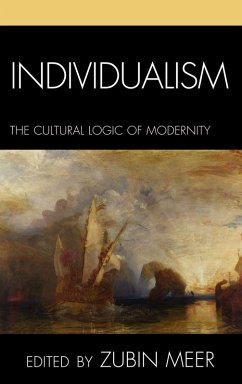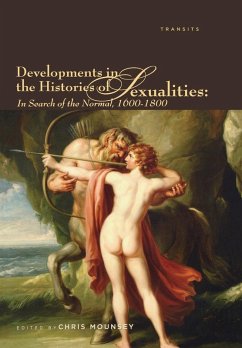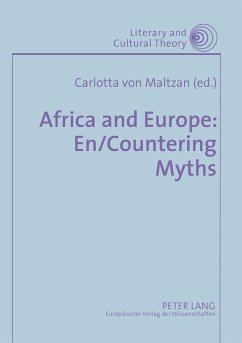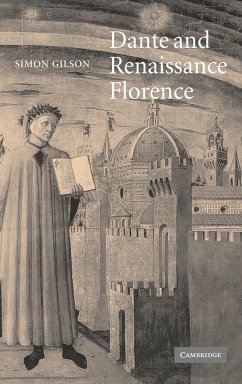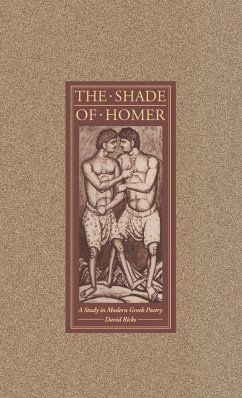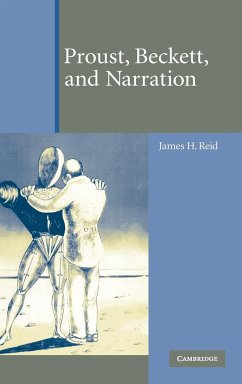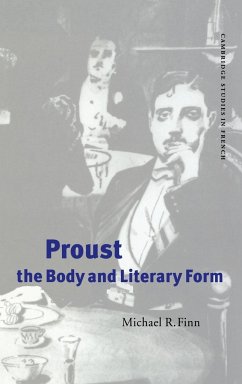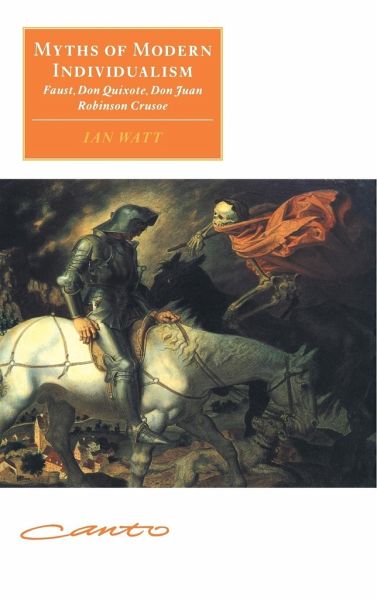
Myths of Modern Individualism

PAYBACK Punkte
43 °P sammeln!
In their original versions, the ultimate fates of Faust, Don Quixote, and Don Juan reflect the anti-individualism of their time: Faust and Don Juan are punished in hellfire, and Don Quixote is mocked. The three represent the positive drive of individualism, which brings down on itself repression by social disapproval. A century later, Defoe's Robinson Crusoe embodies a more favorable consideration of the individual, but only if one refuses to take seriously Defoe's statement that Crusoe's isolation is punishment for disobeying his father. In this volume, Ian Watt examines these four myths of t...
In their original versions, the ultimate fates of Faust, Don Quixote, and Don Juan reflect the anti-individualism of their time: Faust and Don Juan are punished in hellfire, and Don Quixote is mocked. The three represent the positive drive of individualism, which brings down on itself repression by social disapproval. A century later, Defoe's Robinson Crusoe embodies a more favorable consideration of the individual, but only if one refuses to take seriously Defoe's statement that Crusoe's isolation is punishment for disobeying his father. In this volume, Ian Watt examines these four myths of the modern world, all created in the sixteenth to eighteenth centuries, as distinctive products of a historically new society. He shows how the original versions of Faust (1587), Don Quixote (1605), and Don Juan (ca. 1620) presented unflattering portrayals of the three, whereas the Romantic period two centuries later re-created them as admirable and even heroic. Robinson Crusoe (1719) is seen as representative of the new religious, economic, and social attitudes. The four figures reveal the problems of individualism in the modern period: solitude, narcissism, and the claims of the self versus the claims of society. None of them marries or has lasting relations with women; rather, each has as his closest friend a male servant. Mephistopheles, Sancho Panza, Catalinon, and Friday are devoted till the end and happy in their subordinate role - the perfect personal servant. This suggests the self-centeredness of the four figures. Each pursues his own view of what he should be, raising strong questions about his character as a hero and also about the society whose ideals he reflects.






